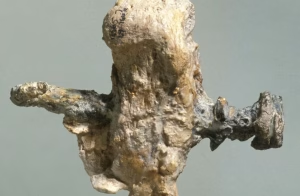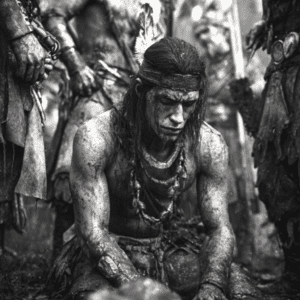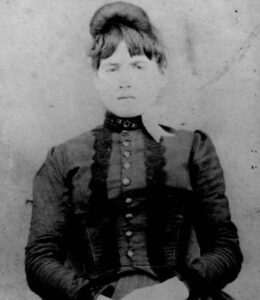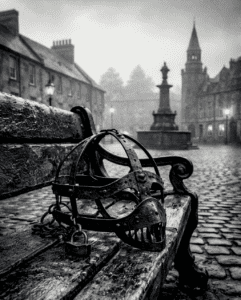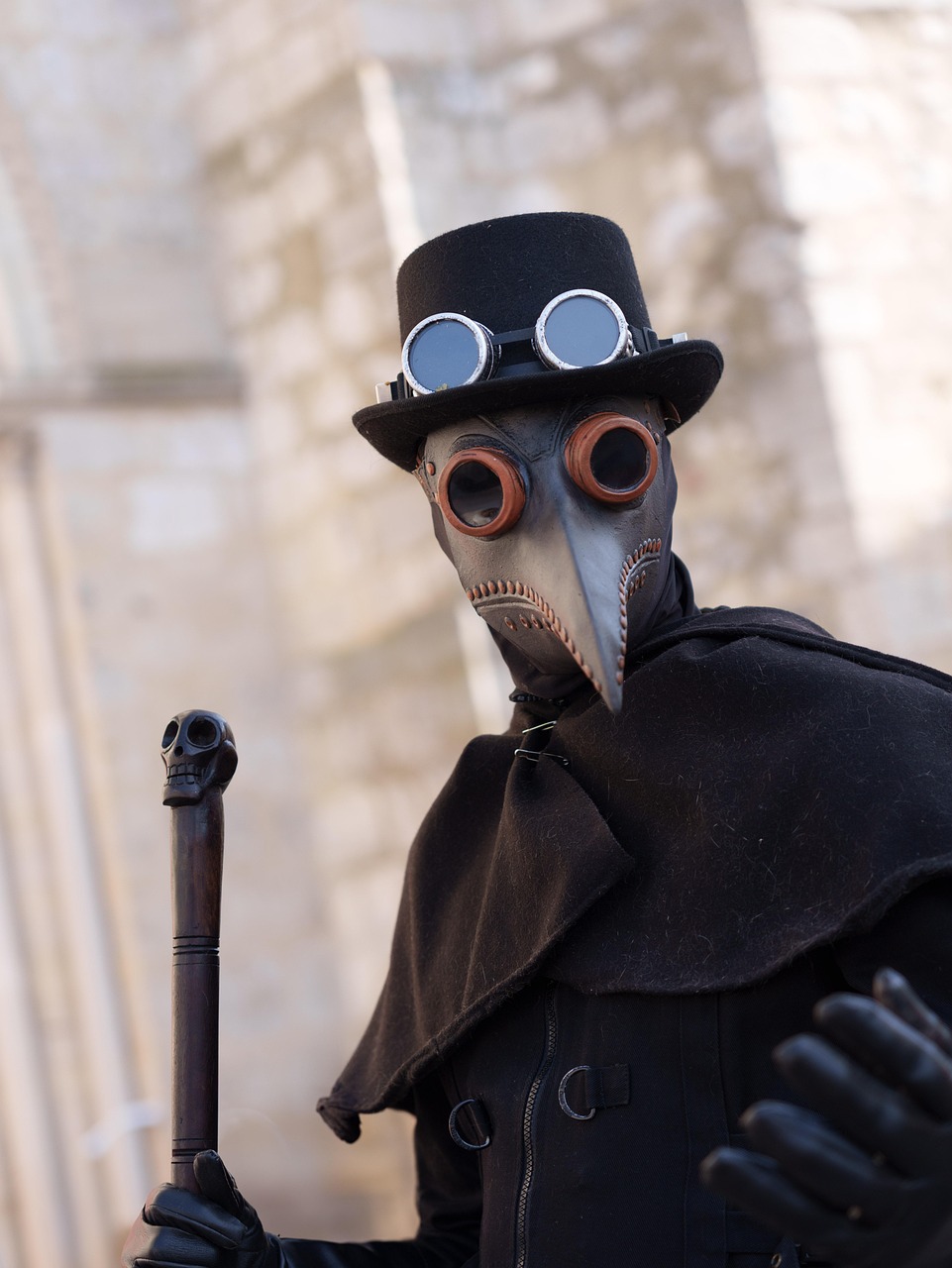
From leech collectors to plague buriers, these ancient jobs were filthy, fatal, and soaked in misery. History’s payroll of horror.
Think your job is bad? Spare a thought for the poor souls of the past — those who waded through blood, dung, and death just to earn their bread, yet never gave up.
1. Leech Collector
During the eighteenth and nineteenth centuries, doctors believed bloodletting could cure almost everything, making leeches worth their weight in silver. Poor women and children waded into stagnant ponds, allowing creatures to attach to their bare legs before scraping them off into jars.
Despite the risk of infection and the constant threat of fainting from blood loss, they persevered — dizzy, raw from bites, and desperate for a few coins.
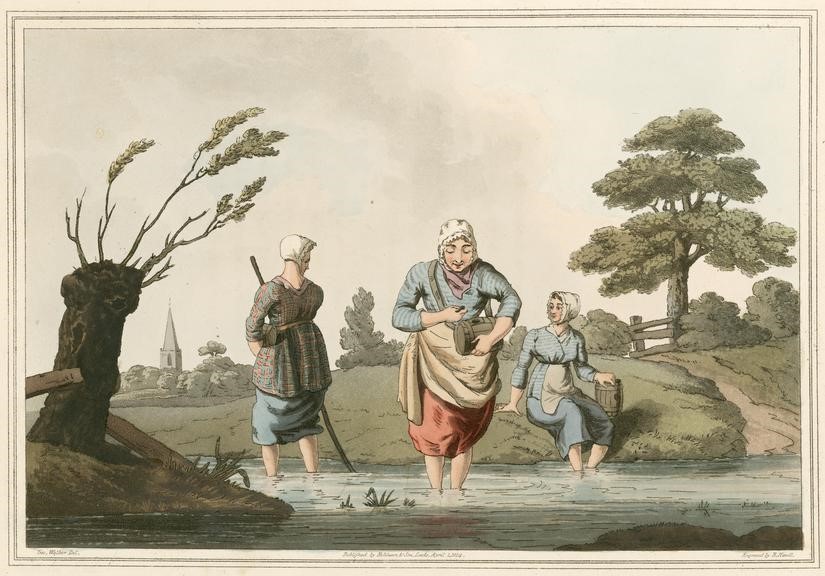
2. Plague Burier
During the Black Death, “searchers” and “bearers” trundled through London, crying “, Bring out your dead!” They hauled bodies to mass graves beyond the city walls, the air thick with rot, smoke, and fear.
Fleas jumped from corpses to living skin, spreading the disease to those tasked with clearing it away. Society avoided them as though death clung to their clothing — which, in truth, it did.
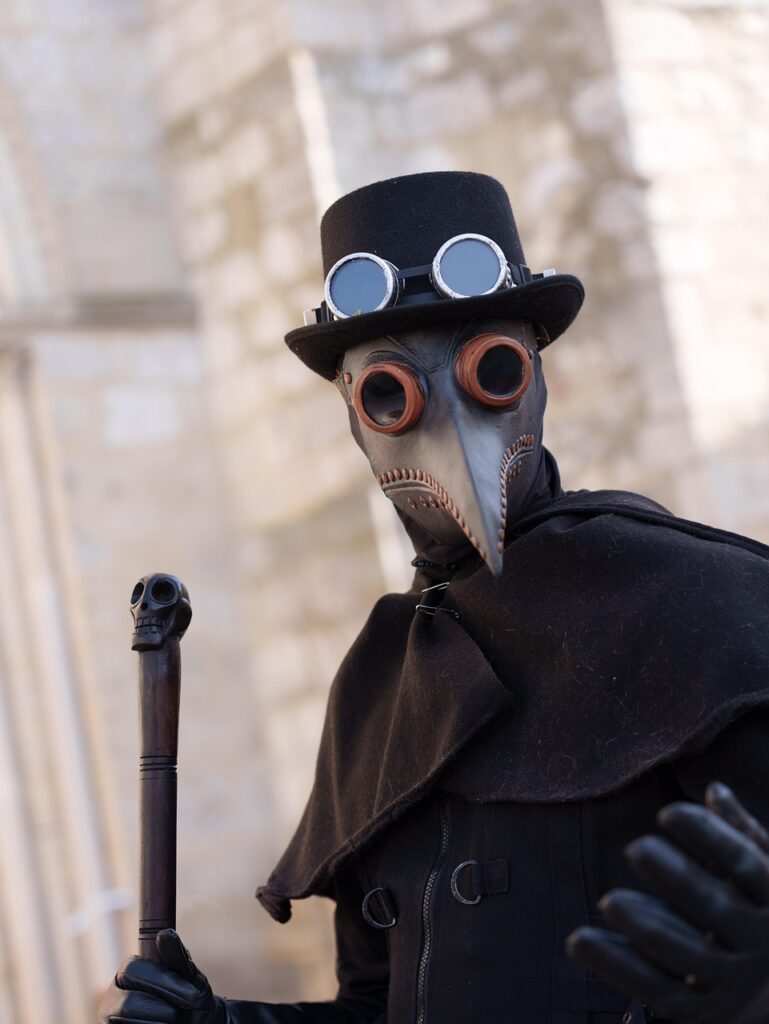
3. Royal Poison Tester
Across royal courts from Persia to Tudor England, tasters sampled every dish before the monarch dined. One wrong bite could bring convulsions, frothing, and death within minutes, but the king would live another day.
In some cultures, poison testers were even bred from “loyal” slave families. Generations born to die for their masters.
4. Tannery Worker
Tanneries in ancient and medieval cities were hell on earth. Workers stripped animal hides, soaked them in lime and urine, then softened them with animal brains. The mixture burned the skin, corroded the lungs, and made clothing reek of decay.
The stench was so overwhelming that tanneries were often built far from town. Though not far enough for the neighbours.
5. Fullonica (Roman Laundry Slave)
Roman laundries, known as fullonicae, relied on fermented human urine to clean garments. Slaves stomped the soiled fabrics barefoot in the foul mixture, then rinsed them in chalk water under the supervision of their masters.
The ammonia burned their eyes and skin, and the odour followed them everywhere. “Clean” was a relative term in Rome.
6. Executioner
Executioners were both essential and despised. They handled the condemned, carried out torture, and disposed of corpses. Few dared to speak to them, yet everyone came to watch them work. A clean strike earned applause; a messy one earned jeers.
Either way, they left the scaffold with blood on their boots and nightmares that never faded.
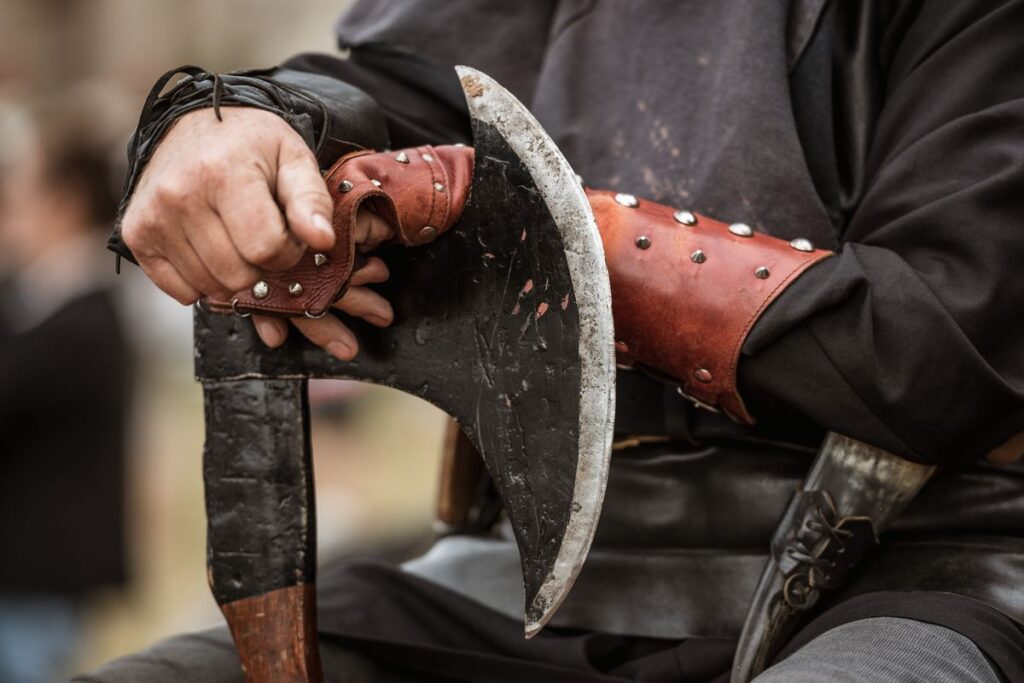
7. Corpse Washer (Egypt)
Before the priests of embalming began their sacred art, the lowest caste performed the washing of the dead. They scrubbed the bodies, drained fluids, and packed the cavities with salt and resin. Egyptians believed this contact rendered them spiritually unclean, so corpse washers lived isolated lives, purifying others while condemned to impurity themselves.
8. Whipping Boy
A strange invention of royal education, the “whipping boy” took the punishment whenever a prince disobeyed his tutor. Because no one could strike a royal, the lesson was transferred to his innocent companion.
Some boys grew up as loyal friends; others grew to hate the prince who smiled while they bled. However, some believe this job was merely a myth, or perhaps it wasn’t really spoke about?
9. Night Soil Man
Before modern sewers, men known as “night soil collectors” emptied cesspits under the cover of darkness. They shovelled and bucketed human waste by lantern light, selling it later as fertiliser.
The job paid well, but one careless spark could ignite the methane and turn the tunnels into burning graves. Their smell, it was said, arrived long before they did.
10. Lamp Trimmer (Temples and Tombs)
Sacred flames in temples and tombs had to burn eternally. Lamp trimmers spent endless hours underground, trimming wicks, refilling oil, and breathing fumes that blackened their lungs.
In deep tomb chambers, the air was so poor that some simply collapsed and never rose again. Their lamps were still flickering beside them.
Why They Did It
Behind every risky task was a human being with no real choice. Poverty, birth, or disgrace pushed people into these trades, and once known by this type of work, they could seldom leave it.
These jobs, however unpleasant, were essential for society to run smoothly.
Tanneries, plague carts, cesspits, and gallows formed their own shadow societies, small circles of the unwanted who depended on each other for survival. Some found dark pride in their endurance; others simply numbed themselves with faith or drink. History forgets their names, but civilisation was built on their labour, their sickness, their silence, and their shared experiences, which created a unique sense of community.
Grisly Bits — for those with a stomach for history.

